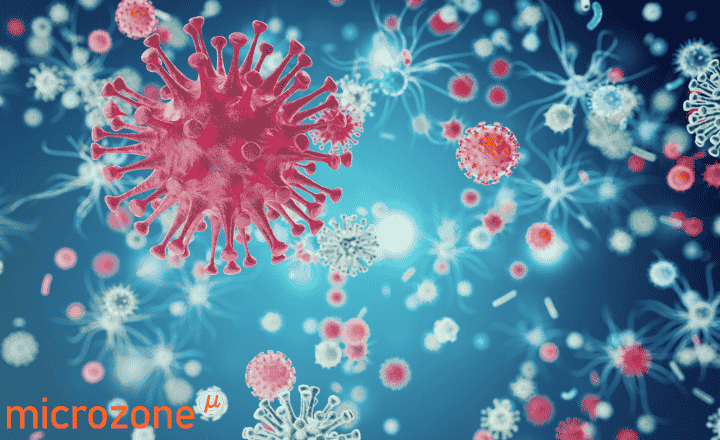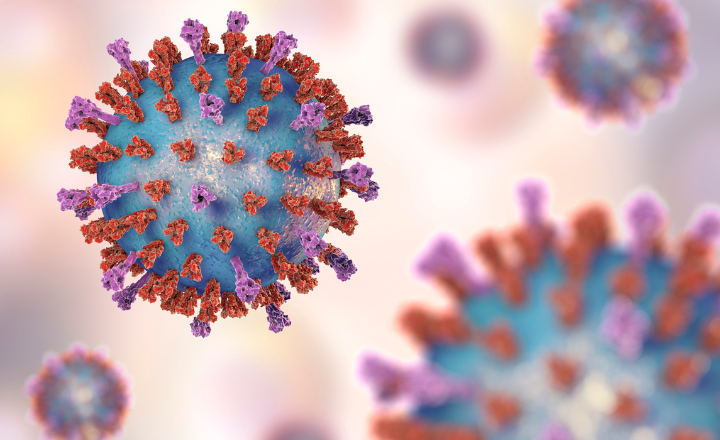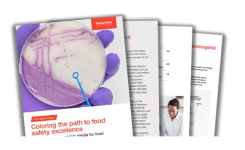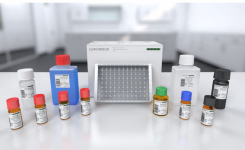AstraZeneca and the University of Oxford have announced an agreement for the global development and distribution of the University’s potential recombinant adenovirus vaccine aimed at preventing COVID-19 infection from SARS-CoV-2.
The collaboration aims to bring to patients the potential vaccine known as ChAdOx1 nCoV-19, being developed by the Jenner Institute and Oxford Vaccine Group, at the University of Oxford. Under the agreement, AstraZeneca would be responsible for the development and worldwide manufacturing and distribution of the vaccine.
The potential vaccine entered Phase I clinical trials last week to study safety and efficacy in healthy volunteers aged 18 to 55 years, across five trial centres in Southern England. Data from the Phase I trial could be available next month. Advancement to late-stage trials should take place by the middle of this year.
HALIX B.V is also in collaboration with Oxford University for the vaccine. It will utilise its brand new state-of-the-art GMP facilities with capacity up to 1,000 L SUB scale, applying its viral vector bioprocessing expertise, to transfer an industrial scale drug substance process from Pall in the UK, supporting the manufacture of ChAdOx1 nCoV-19 clinical trial material.
About ChAdOx1 nCoV-19
Developed at the University of Oxford’s Jenner Institute, and working with the Oxford Vaccine Group, ChAdOx1 nCoV-19 uses a viral vector based on a weakened version of the common cold (adenovirus) containing the genetic material of SARS-CoV-2 spike protein. After vaccination, the surface spike protein is produced, which primes the immune system to attack COVID-19 if it later infects the body.
The recombinant adenovirus vector (ChAdOx1) was chosen to generate a strong immune response from a single dose, and it is not replicating, so cannot cause an ongoing infection in the vaccinated individual. Vaccines made from the ChAdOx1 virus have been given to more than 320 people to date and be safe and well-tolerated, although they can cause temporary side effects such as temperature, flu-like symptoms, headache or a sore arm.





















